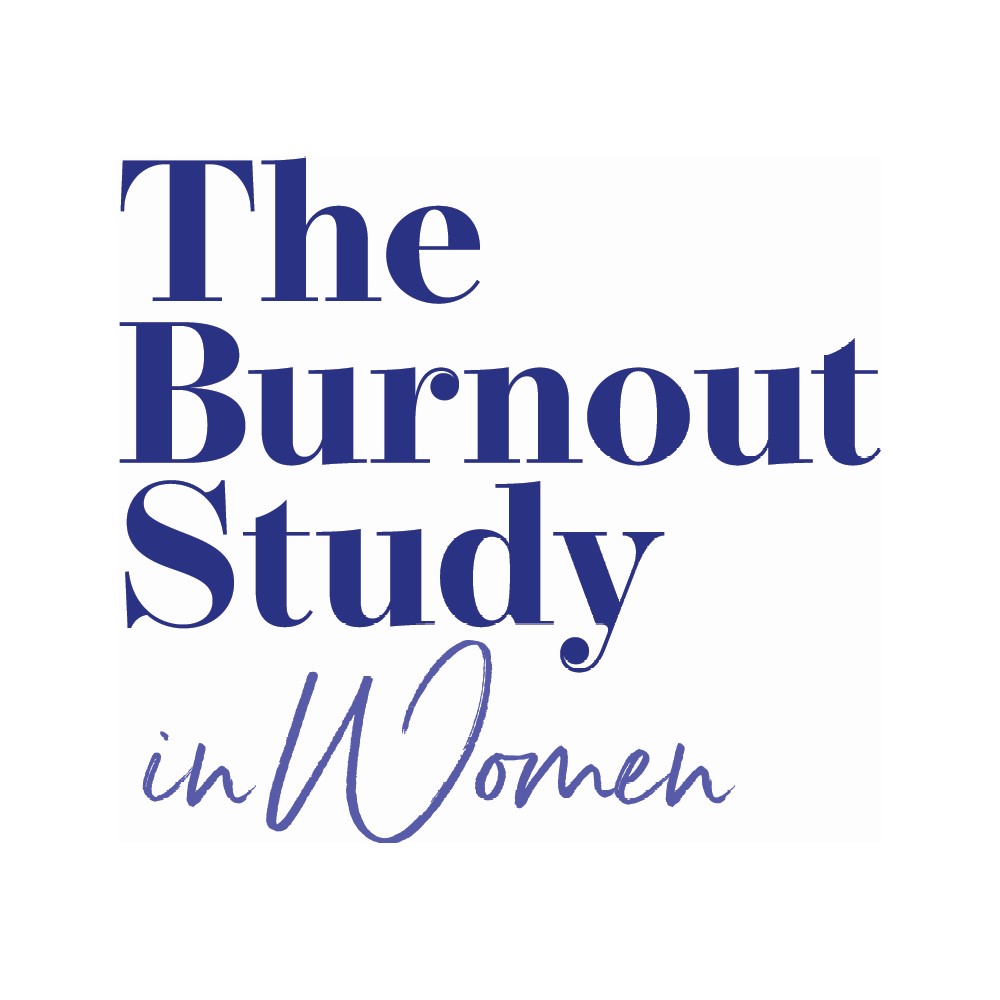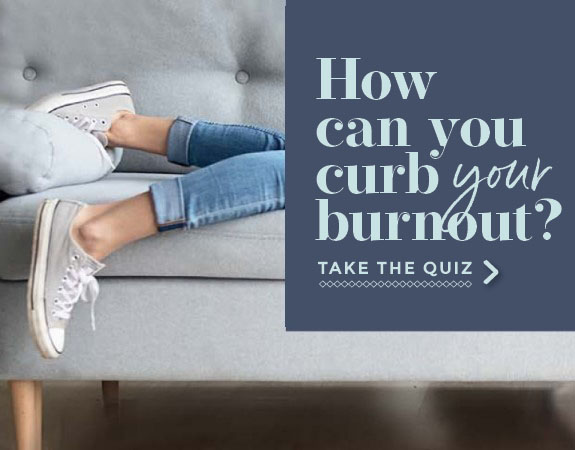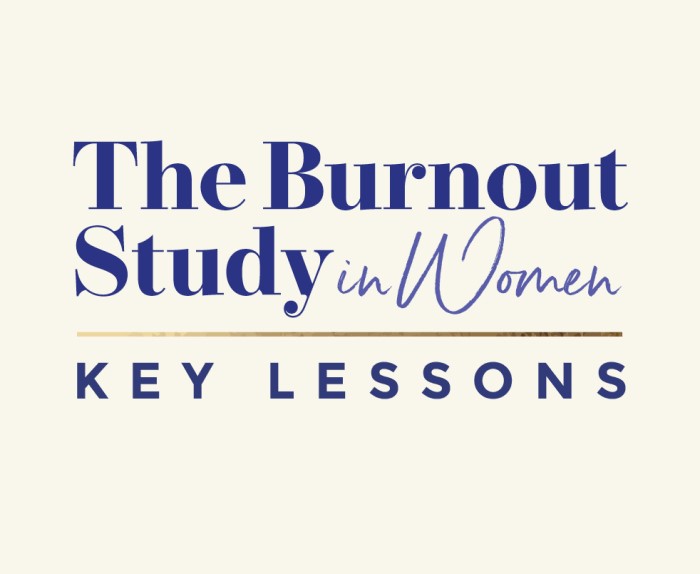ATLANTA – A new study of more than 4,200 women conducted by TrueveLab in collaboration with The University of Tennessee at Chattanooga, coins the “Do It All Discrepancy” and also clarifies how social media use contributes to burnout in women.
The Do it All Discrepancy is the difference between how much a woman feels she should do versus what she feels she actually can. The study showed it to be a leading cause of burnout, and integrate the very real expansion of women’s responsibilities, plus the idealized “do it all” expectations that have risen this generation. Alarmingly, The Burnout Study in Women showed that 82% of women felt that they should be able to do it all, but only 7% felt they could. Most study respondents (87%) felt they never had enough time to get everything done, and only felt fully present at home or work 53% of the time.
The study’s first publication also specifically analyzed the impact of social media, given its unique influence on this generation of women. Debunking a traditional paradigm, the study found that time spent on social media was not the biggest predictor of burnout; a bigger driver was how women feel after comparing themselves to others while using social media.
Not only were participants more likely to feel negatively about themselves after social media, these negative feelings were directly linked with burnout – more so than time spent using social media. The most common emotions triggered by social media self-comparisons were envy (53%) and worry (36%), which significantly outweighed positive emotions of optimism (26%) and pride (24%).
“Our results reveal that the Do It All Discrepancy experienced by so many women integrates the greater real obligations women now face: work, childcare, parenting, volunteering, home management…plus the ideal expectations on top of that to “do it all”, says Dr. Darria Long, founder of Truevelab and study co-author. In fact, more than 60% of women said they compare themselves against a woman who seems to do it all. The Do it all Discrepancy demonstrates this perfect storm on both an individual and macro level.”
“It’s not just that we have more to do – and more “ideal” to try to hit – we also have SO MANY more ways to compare ourselves to others than ever before. By default, we’re measured against some fictional “do it all” avatar, and social media algorithms particularly trigger this, leading to what I call “Comparitonitis”.
To help women improve burnout now, study authors developed the What’s Your Burnout Risk (and what to do about it) Quiz, with actionable guidance to reduce burnout now.
These findings, the first to be published in the ongoing Burnout Study in Women, and a series of planned publications, are titled, “Understudied social influences on general and parental burnout: Social media-related emotions, comparisons, and the do it all discrepancy” and published by Frontiers in Psychology.
About The Burnout Study in Women: This publication was based on an academic survey by TrueveLab and the University of Tennessee Department of Industrial Organizational Psychology, funded by LUNA Bar and ComputersForKidz, and in media partnership with Good Housekeeping. It was completed between October and December 2021. The Burnout Study in Women study was launched to establish a more holistic understanding of burnout as it develops from the many life domains experienced (and juggled) by women, and how these multiple and complex spheres of life interact for burnout. This ongoing study will release future publications, aimed at developing targeted solutions for burnout in women. Study key findings can be found here.
About Trueve: Founded by Dr. Darria Long, Trueve is a medical/wellness resource devoted to distilling health headlines and sharing simple, evidence-based information on physical and mental wellness for women. An antidote to false or confusing women’s health and parenting information, Trueve believes that every woman deserves access to evidence-based health information, and the peace of mind that comes with that. TrueveLab is the research arm of Trueve, performing original research in areas of women’s health and parenting where data is deficient.
About LUNA: Since 1999, LUNA ® has always stood for more than just nutritious food. With a strong heritage of supporting women, LUNA has supported important causes that women care about. LUNA Bar is a balanced, delicious, on-the-go plant-based snack for a feel-good break anytime, anywhere. Follow LUNA Bar on Facebook, Instagram and Twitter.
About ComputersForKidz: ComputersForKidz is a non-profit organization providing students with well-loved and well-functioning computers and technology. ComputersForKidz receives technology donated by corporations and clears data, sterilizes, and makes it fully operational and available for tomorrow’s student.
About Darria Long, MD MBA: Dr. Darria is a board-certified Harvard and Yale-trained emergency physician and Clinical Assistant Professor at the University of Tennessee. She is a regular guest on national news networks, mom of two, author of national bestselling Mom Hacks, and TedX speaker of the widely popular, An End to “Crazy Busy”.
About the UTC Research Team: Dr. Chris Cunningham and Dr. Kristen Black are faculty members at The University of Tennessee at Chattanooga. Combined, they have more than 30 years of experience in research, teaching, and practical intervention work related to the protection and promotion of worker health, safety, and well-being. They are authors of, Essentials of Occupational Health Psychology, focused on practical guidance for worker health through targeting psychological stress at work, workplace safety, interpersonal stress, recovery from demands, and work-family dynamics.




